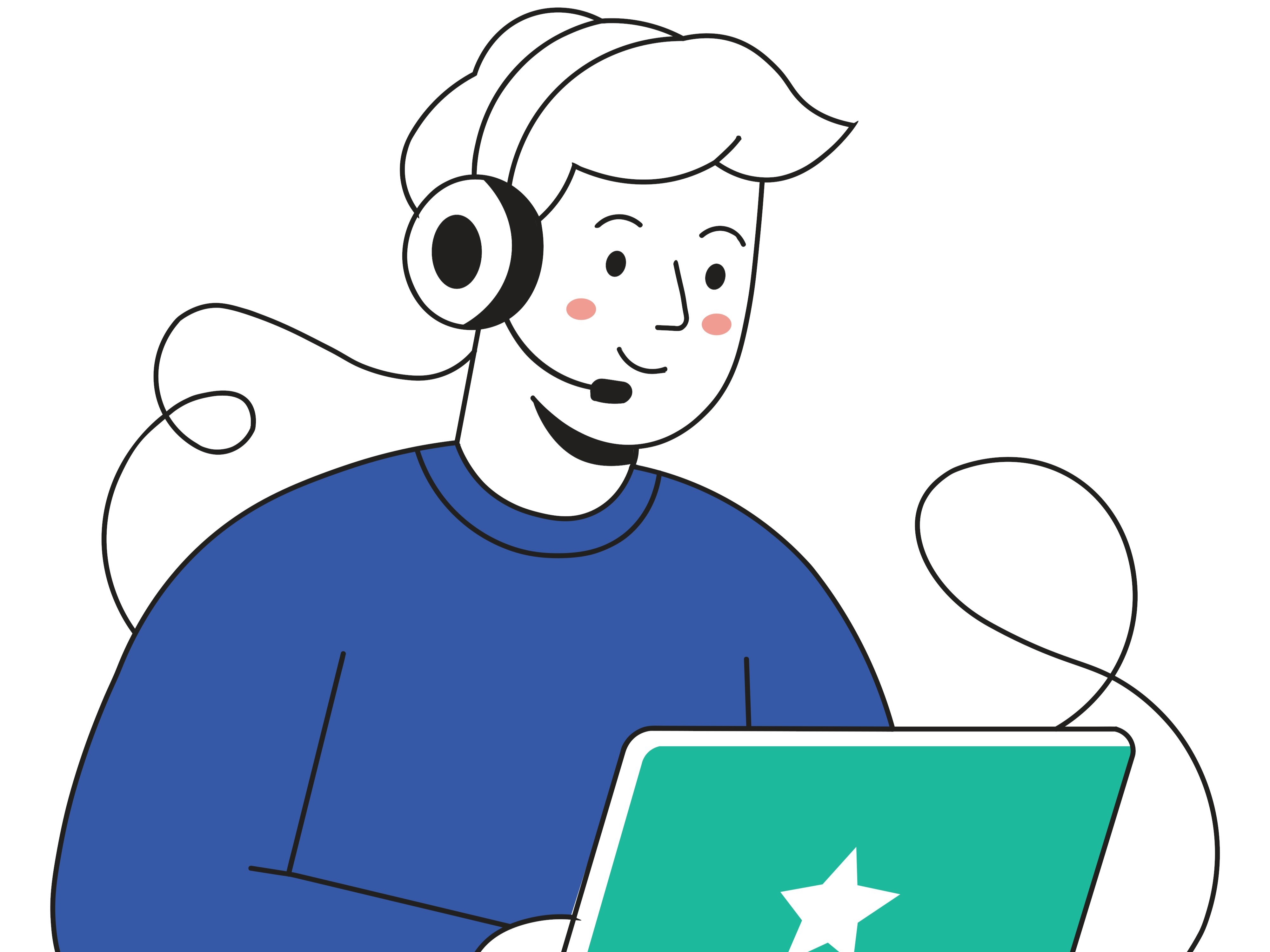VoIP Providers and Voice Cloning: Elevating Customer Service with AI Technology
AI Meets the Phone Line: How Voice Cloning and VoIP Are Redefining Customer Service in 2025


In 2025, customer expectations are soaring—and fast, reliable, and human-like communication is at the core of that demand. For businesses operating in call centers, sales, or customer support, the shift is clear: basic voice systems are no longer enough. Instead, a powerful mix of VoIP technology and AI voice cloning is setting a new benchmark for what great customer service looks like.
Voice over Internet Protocol (VoIP) platforms have already revolutionized communication by making it cheaper, faster, and more scalable. Now, with the emergence of voice cloning AI, service teams can scale personalization, automate interactions, and still retain that “human touch” customers love. This article explores how VoIP providers and AI voice tech are working hand-in-hand to elevate customer experience to a whole new level.
VoIP systems allow users to make phone calls over the internet rather than through traditional telephone lines. This translates to reduced costs, flexible integrations, and location-independent communication. In fact, according to Market.us, global VoIP users are expected to surpass 3 billion by 2026.
For companies, this technology powers everything from cloud-based customer support to multi-line sales teams operating across time zones. However, VoIP is no longer just a cost-saving switch; it’s now the canvas on which AI-driven voice personalization is being painted.
If you’re looking for an overview of reliable services, this top VoIP providers guide outlines the industry’s leading solutions to consider.
Voice cloning is a form of AI-powered speech synthesis that allows for the creation of synthetic voices that sound nearly indistinguishable from real human speech. Using just a small amount of voice data, modern AI tools can generate a custom voice or replicate an existing one for use across multiple languages and tones.
In the realm of customer service, this technology is a game-changer. Imagine automating customer interactions, FAQs, or even entire support scripts—but instead of robotic, monotonous responses, customers hear a warm, familiar, branded voice.
It’s not just a cool feature. It’s a performance booster: a 2023 McKinsey report showed that 71% of consumers expect personalized interactions, and 76% get frustrated when that doesn’t happen.

When paired with VoIP, voice cloning unlocks significant advantages in automation, branding, and accessibility. Here's how the two technologies complement each other:
VoIP platforms already support automation via IVR (interactive voice response) systems. With AI voice cloning layered in, these systems can now speak with the same warmth, tone, and personality of your top-performing agents. This makes call flows feel natural, even when they’re pre-recorded.
Just as logos define visual identity, consistent voice branding defines auditory identity. Using AI voice cloning, businesses can deploy the same recognizable voice across every customer touchpoint—from phone support to smart assistants and in-app messages. It's a marketing and trust-building advantage that VoIP helps scale seamlessly.
Pair voice cloning with AI dubbing, and suddenly your VoIP system can support multiple languages, accents, or dialects using the same familiar voice. That means your global support can sound consistent, relatable, and local, all at once.
If you're ready to move beyond simple automation and into AI-enhanced CX (Customer Experience), here are four powerful strategies to try:
Train a virtual agent using a cloned voice to answer FAQs, check order statuses, or guide callers through simple processes. With VoIP integration, these assistants can be activated across all inbound calls.
Whether it’s follow-up reminders, satisfaction surveys, or promotions, you can personalize messages at scale using cloned voices that sound like real agents. This builds rapport and boosts conversion rates.
With AI, IVR menus no longer need to sound cold or generic. You can clone your founder’s or brand ambassador’s voice and use it as the default menu narrator for a stronger brand impression.
AI models can be trained to adjust tone, energy, and cadence based on customer sentiment. With VoIP capturing data like call duration, hold time, and satisfaction scores, your voice cloning strategy can evolve over time.

The future of customer service is not just automation—it’s humanized automation. With the right mix of VoIP infrastructure and AI voice cloning, businesses can create a consistent, recognizable, and emotionally intelligent customer journey.
In a world where customers value speed and connection, AI-driven voice tech enables you to deliver both. Don’t just answer calls—leave a voice that customers remember.